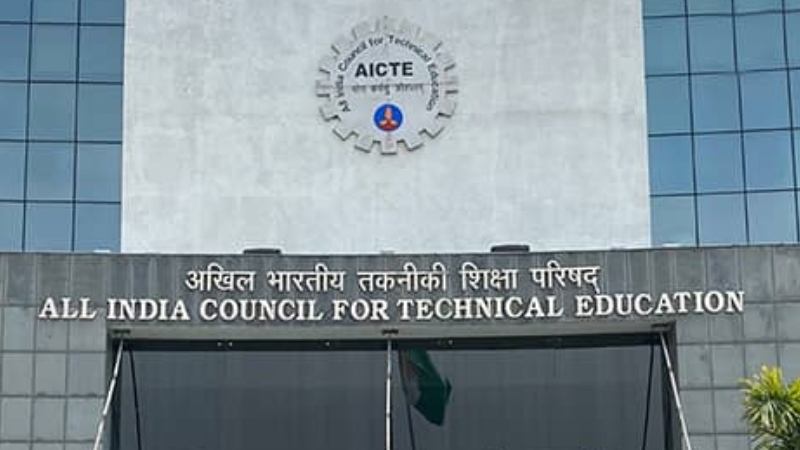
Professionals in engineering can serve as faculty members
They can teach in technical institutions without formal teaching education
AICTE emphasizes adherence to UGC guidelines in appointing professors of practice
AICTE asserts that professionals in engineering can serve as faculty members in technical institutions without formal teaching education.
Individuals with exceptional work experience in emerging or multidisciplinary domains can join as assistant professors of practice after five years of experience and as associate professors of practice after eight years.
AICTE’s guidelines, distinct from UGC’s professors of practice (PoPs) introduced in 2023, focus on the number of years in service. The AICTE document doesn’t explicitly define the new cadre’s role.
The purpose of introducing the professor of practice (PoP) cadre is to integrate industrial/corporate experience into academia and address the shortage of regular faculty in institutions nationwide.
AICTE emphasizes adherence to UGC guidelines in appointing professors of practice. It states that institutions can enlist industry experts with five and eight years of experience as assistant professors of practice and associate professors of practice, respectively.
Contrary to the UGC’s requirement for PoPs to have at least 15 years of service, AICTE allows individuals without formal academic qualifications, potentially even those who haven’t completed class 10, to be eligible for the PoP positions.
The service tenure for PoPs is limited to three years. UGC rules dictate that PoPs should have expertise in their specific profession or role, preferably at a senior level, with a maximum limit of 10% of sanctioned posts.
This cadre will be engaged beyond sanctioned posts and won’t impact regular faculty recruitment or sanctioned posts.

Professionals in engineering can serve as faculty members
They can teach in technical institutions without formal teaching education
AICTE emphasizes adherence to UGC guidelines in appointing professors of practice
AICTE asserts that professionals in engineering can serve as faculty members in technical institutions without formal teaching education.
Individuals with exceptional work experience in emerging or multidisciplinary domains can join as assistant professors of practice after five years of experience and as associate professors of practice after eight years.
AICTE’s guidelines, distinct from UGC’s professors of practice (PoPs) introduced in 2023, focus on the number of years in service. The AICTE document doesn’t explicitly define the new cadre’s role.
The purpose of introducing the professor of practice (PoP) cadre is to integrate industrial/corporate experience into academia and address the shortage of regular faculty in institutions nationwide.
AICTE emphasizes adherence to UGC guidelines in appointing professors of practice. It states that institutions can enlist industry experts with five and eight years of experience as assistant professors of practice and associate professors of practice, respectively.
Contrary to the UGC’s requirement for PoPs to have at least 15 years of service, AICTE allows individuals without formal academic qualifications, potentially even those who haven’t completed class 10, to be eligible for the PoP positions.
The service tenure for PoPs is limited to three years. UGC rules dictate that PoPs should have expertise in their specific profession or role, preferably at a senior level, with a maximum limit of 10% of sanctioned posts.
This cadre will be engaged beyond sanctioned posts and won’t impact regular faculty recruitment or sanctioned posts.
